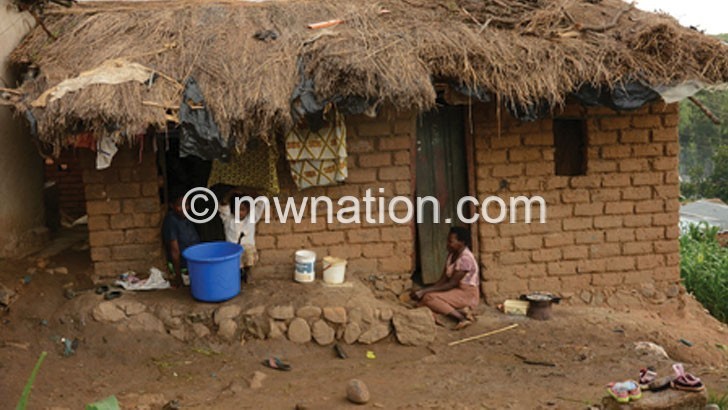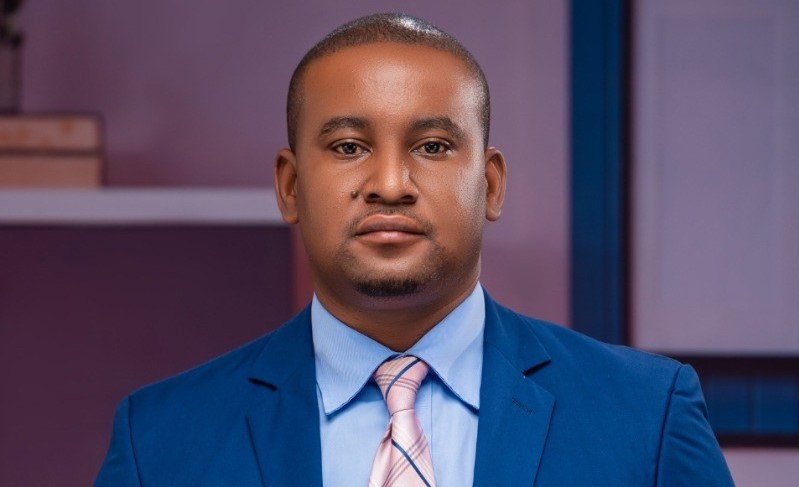Malawi economic outlookstill murky—World Bank
The World Bank has painted a gloomy outlook for the country’s economy that will be characterised by constrained food availability, low economic growth, rising poverty and unemployment rates.
In its Malawi Poverty Outlook published on Friday, the Bretton Woods institution has slashed further Malawi’s growth prospects from 1.6 percent to 1.4 percent in 2023, an indication of gradual macroeconomic stabilisation on the back of resumption of electricity generation at the 129 megawatts Kapichira Hydropower Station in Chikwawa.

The World Bank further projects that the poverty rate will likely increase to 72 percent in 2023 from 71 percent in 2022 due to low growth rate.
But the bank said annual inflation is expected to ease to 19.7 percent this year from the previous year’s 21.8 percent.
Reads the outlook in part: “While some recovery in agriculture is expected, the impacts of Cyclone Freddy, which hit Malawi in March 2023 as well as disruptions in fertiliser distribution could lower yields, especially in the Southern Region.
“Domestic food prices will likely remain relatively high, but global commodity prices are projected to continue easing, contributing to a projected decline in inflation to 19.7 percent in 2023.”
Commenting on the orecast yesterday, economist Edward Chilima, while pointing out that the whole world is going through an economic slowdown, observed that slow growth amid high inflation translates to continued tough life, especially for many ordinary Malawians.
He said: “Suppliers on the agricultural sector are, however, optimistic in view of attractive minimum sales prices as set by the government.
“But generally, this means we are still far away in the woods and some way from recovery. Growth of 1.4 percent is not good enough for a developing country.”
Centre for Social Concern economic governance officer Bernard Mphepo said the analysis by the World Bank is a caution to Malawians that the cost of living crisis will continue to bite with the majority of Malawians being food-insecure.
“Malawians will be struggling to survive. Both poverty and inequality will increase this year,” he said.
Speaking separately, Minister of Finance and Economic Affairs Sosten Gwengwe said key to reducing debt burden and reliance on deficits is for Malawi to feed itself.
He said: “Panacea is effective mobilisation of domestic resources. People demanding value- added tax receipts in shops and Malawi funding its own budget.”





